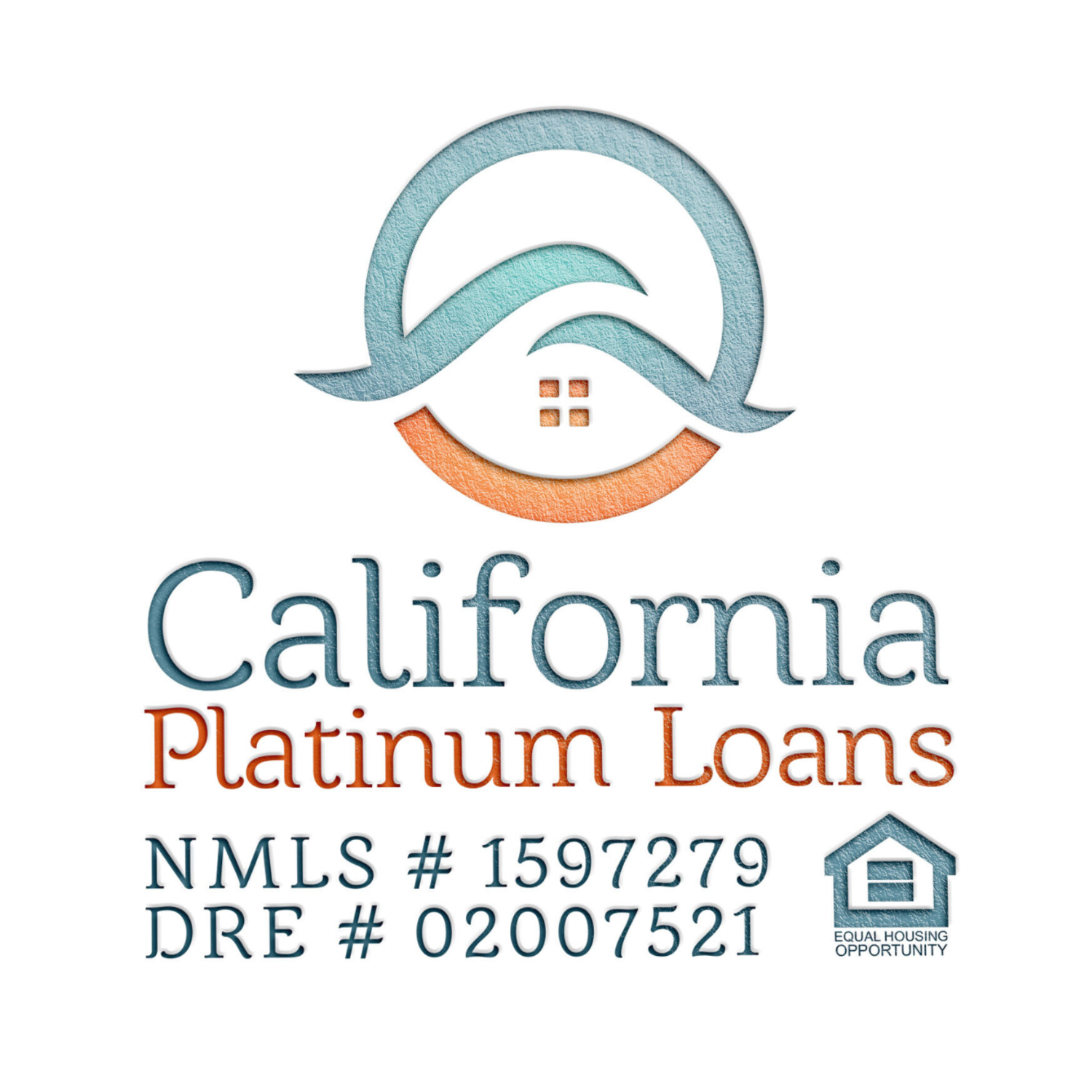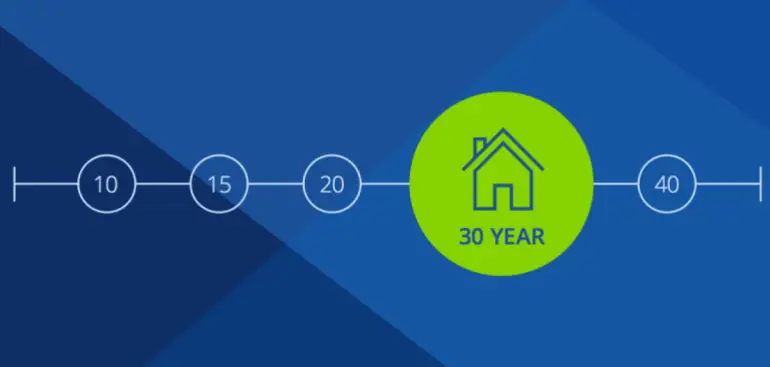While the home-buying journey is often overwhelming, understanding the nuances of mortgage rates can make a significant difference. The 30-year fixed mortgage rate has its unique history, pros, and cons. Let’s delve deeper into what it offers.
A Brief History of 30-Year Fixed Mortgage Rates:
Today’s options for a 30-year fixed-rate mortgage are vast, but a glance back in time provides context. In 1981, these mortgage rates soared to a staggering 18%. The 2008 mortgage crisis saw them at approximately 6.5%. By 2016, they touched their lowest at around 3.5%, while in 2018, they recorded an average of 4.7%.
Advantages of Opting for a 30-Year Fixed Rate Mortgage:
- Lower Monthly Payments: Spanning 360 monthly payments, this long-term mortgage ensures the monthly outflow is reduced compared to shorter-term options like 15-year mortgages.
- Predictability: The rates remain stable throughout, aiding in better financial planning.
- Opportunity for a Better Home: The lesser monthly payments can enable home buyers to secure a more significant loan and, thus, a better home.
- Financial Flexibility: With manageable monthly payments, homeowners can divert funds towards investments, retirement plans, or even education expenses.
Potential Drawbacks:
- Elevated Interest Rates: Generally, the interest rates for a 30-year mortgage are higher than its 15-year counterpart.
- The Risk of Overbuying: The allure of lower monthly payments might push some to opt for a more expensive house than what they can genuinely afford.
- Cumulative Interest: Over the extended period of 360 payments, the aggregate interest paid tends to be significantly more than a 15-year loan.
Alternatives Worth Considering:
While the 30-year fixed rate is a strong contender, other mortgage terms like 3/1, 5/1, 7/1, and 10/1 ARMs have their benefits. Some savvy investors even turn to interest-only ARMs or fixed interest-only mortgage loans. These options mimic the low renting payments while allowing the homeowner to enjoy equity gains and tax benefits.
The Role of Independent Mortgage Brokers:
Independent mortgage brokers play a crucial role by offering diverse options beyond the constraints of big retail banks and lenders. Given their partnerships with multiple lenders, they can offer many products, ensuring clients find a loan tailored to their specific needs.
Choosing a mortgage plan is a decision intertwined with several factors. Whether the 30-year fixed mortgage rate or its alternatives resonate with you, being informed and aligned with a trusted financial partner is crucial.

